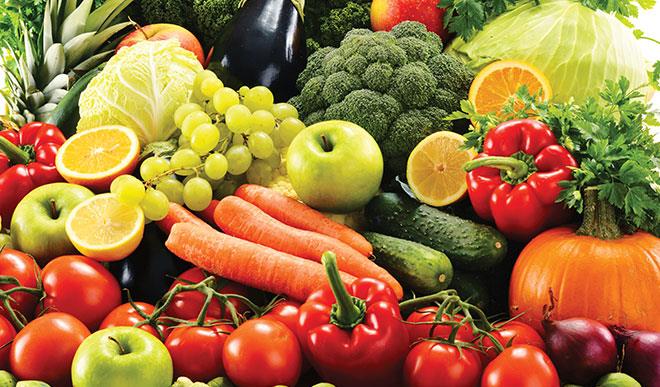How to boost vegetable production for export – Experts
Vegetables are very nutritious crops widely cultivated and consumed by humans around the world. It has been recently reported that vegetable scarcity has hit the European Union (EU) countries due to bad weather, among other factors, which negatively affected production. Many stakeholders in the agricultural sector are of the opinion that this development presents a […]


Vegetables are very nutritious crops widely cultivated and consumed by humans around the world.
It has been recently reported that vegetable scarcity has hit the European Union (EU) countries due to bad weather, among other factors, which negatively affected production.
Many stakeholders in the agricultural sector are of the opinion that this development presents a great opportunity for Nigerian vegetable farmers to increase their production and export the excess to earn foreign exchange in order to tackle the current economic recession.
Vegetable farmers and other experts have suggested various ways to boost Nigerian vegetable production for home consumption and export to the EU and other countries where the produce is in high demand.
One of the farmers, Mr. Terver David, who farms assorted vegetables in over 15 greenhouses, told our reporter that presently, meeting local demand is difficult, so attempts to export require heavy investments in irrigation and inputs such as seeds and fertilizers, among others.
“Farmers should be given soft loans and adequate arrangements for buy back by the government and other off-takers for export as most of the farmers will find it difficult to handle export matters,” he advised.
Another farmer, Mrs. Mary Daniel, pointed out that there was serious need for awareness creation and the farmers should be properly trained on how to produce vegetables especially for export.
“Extension agents should be deployed to identified export farms so as to teach the farmers how to increase the production of good quality vegetables,” she noted.
Commenting on the issue, an agronomist, Mr. Simon Idoko, said farmers should be given adequate incentives by the government to practice all-year-round vegetable farming in order to produce enough for export.
He advised farmers to seek help from experts and follow good agronomic practices so as to get good quality produce that can compete favaourably in the international market.
“Farmers should use acceptable levels of approved pesticides on their crops so as to avoid produce rejection by buyers,” Idoko warned.
On produce standardization and labeling, Prince Peter Bakare, an official of the Federation of Agricultural Commodity Associations of Nigeria (FACAN), said the group was set to invite the EU to train farmers across the value chains on how to produce standard farm produce.
“After training, the farms will be certified and any produce from such farms will be acceptable and labeling will be done as well for identity,” he said.
Even as anonymous sources at the Farm Inputs Support Services Department of the Federal Ministry of Agriculture and Rural Development maintain that the government has being creating awareness on increased vegetable production and giving inputs to farmers, checks revealed that fertilizer and seed distribution has been hampered by huge debt owed input suppliers and agro-dealers since 2014.
Findings showed that Anambra State exported vegetables worth $5million to Europe last year, while Ghana and some African countries have been exporting vegetables and other farm produce to EU and other countries over the years.
